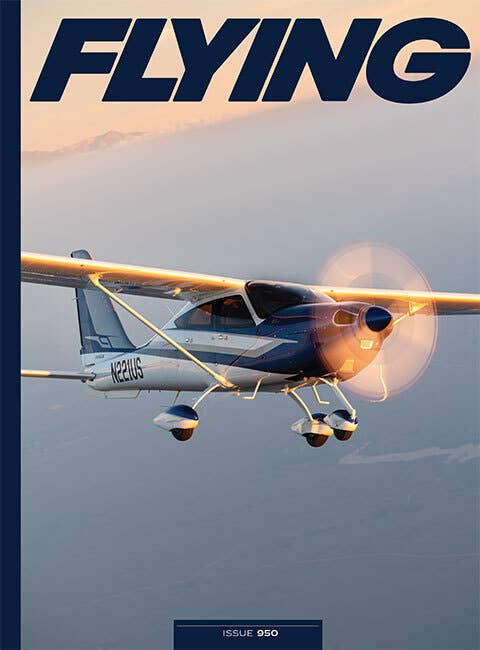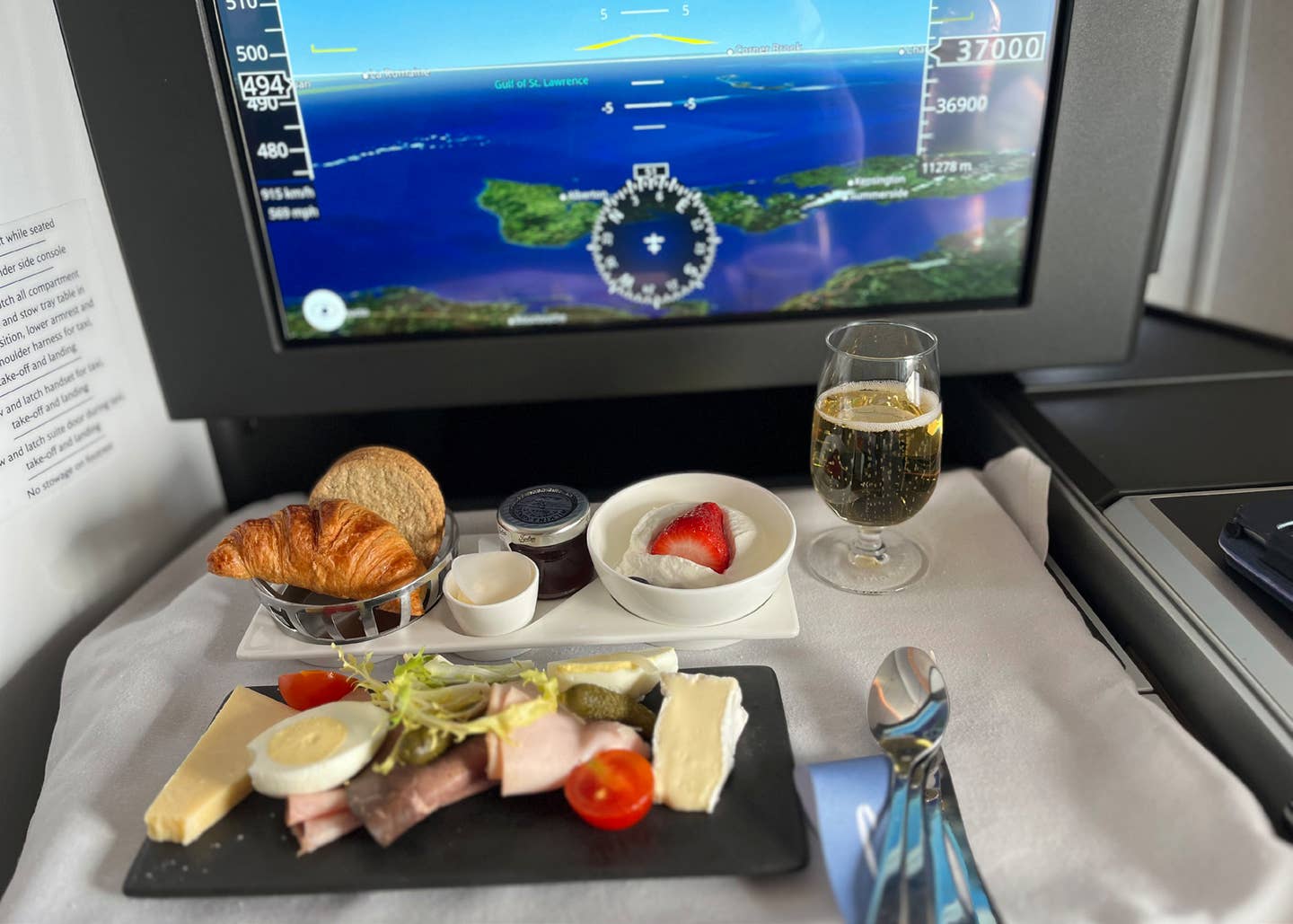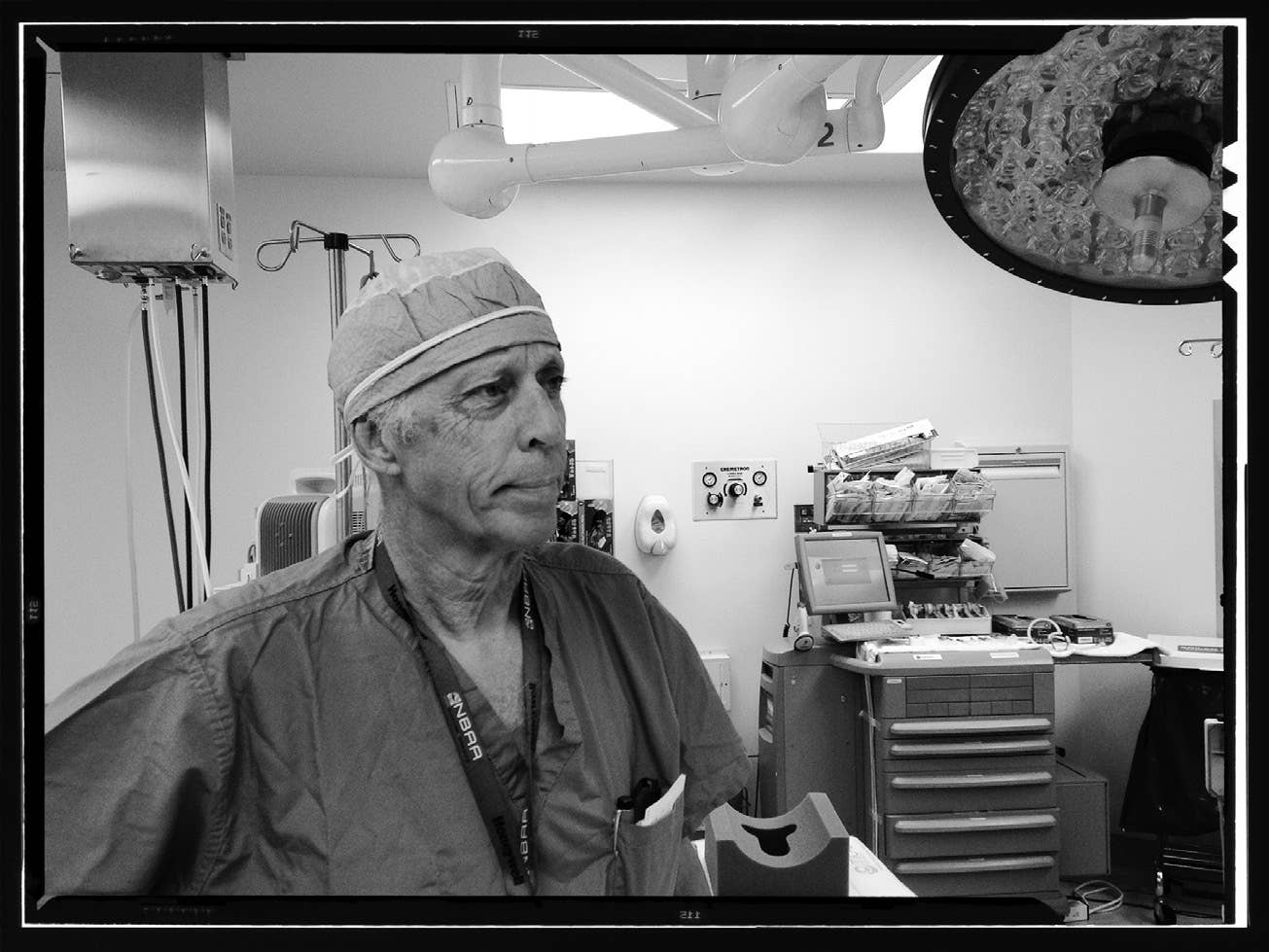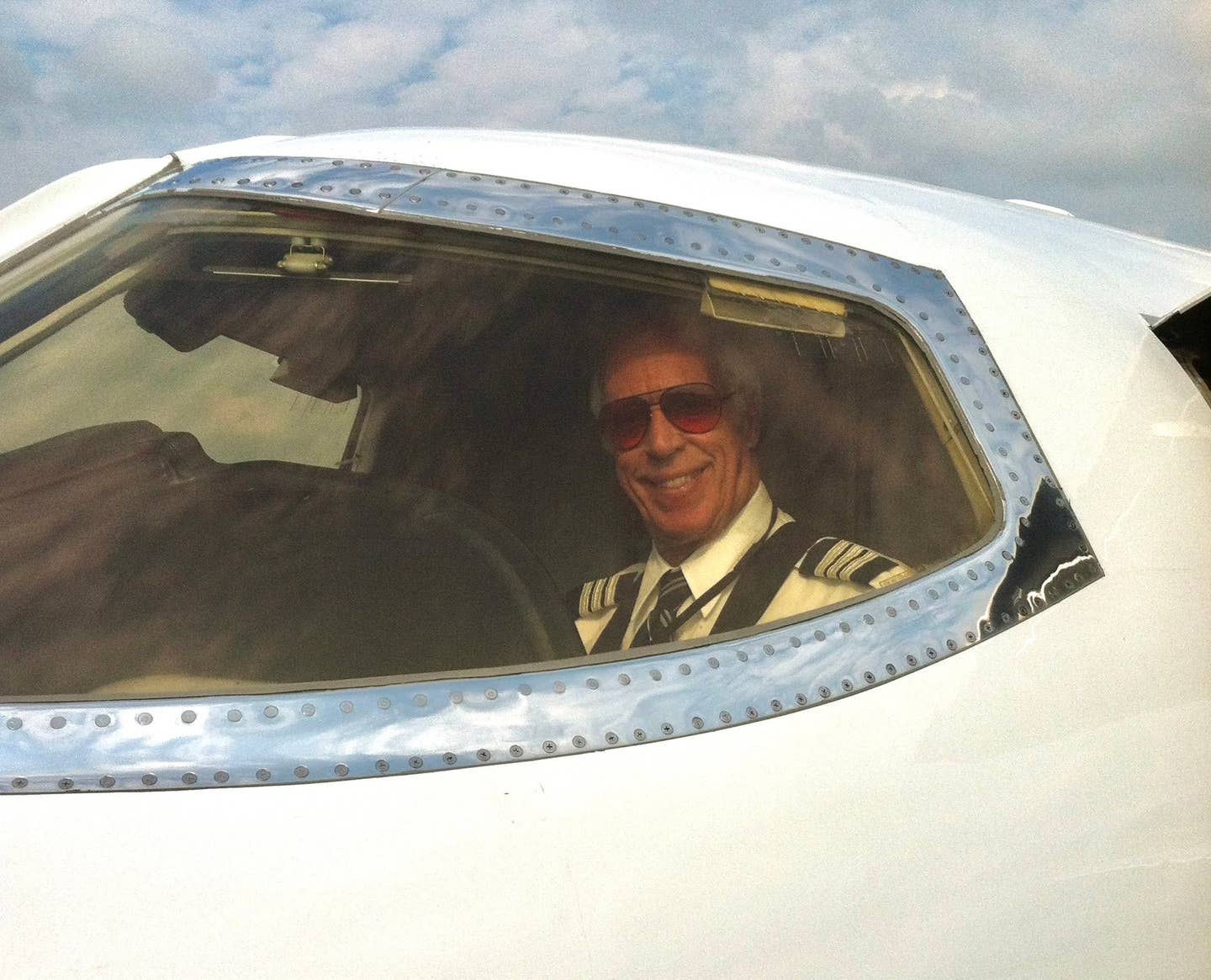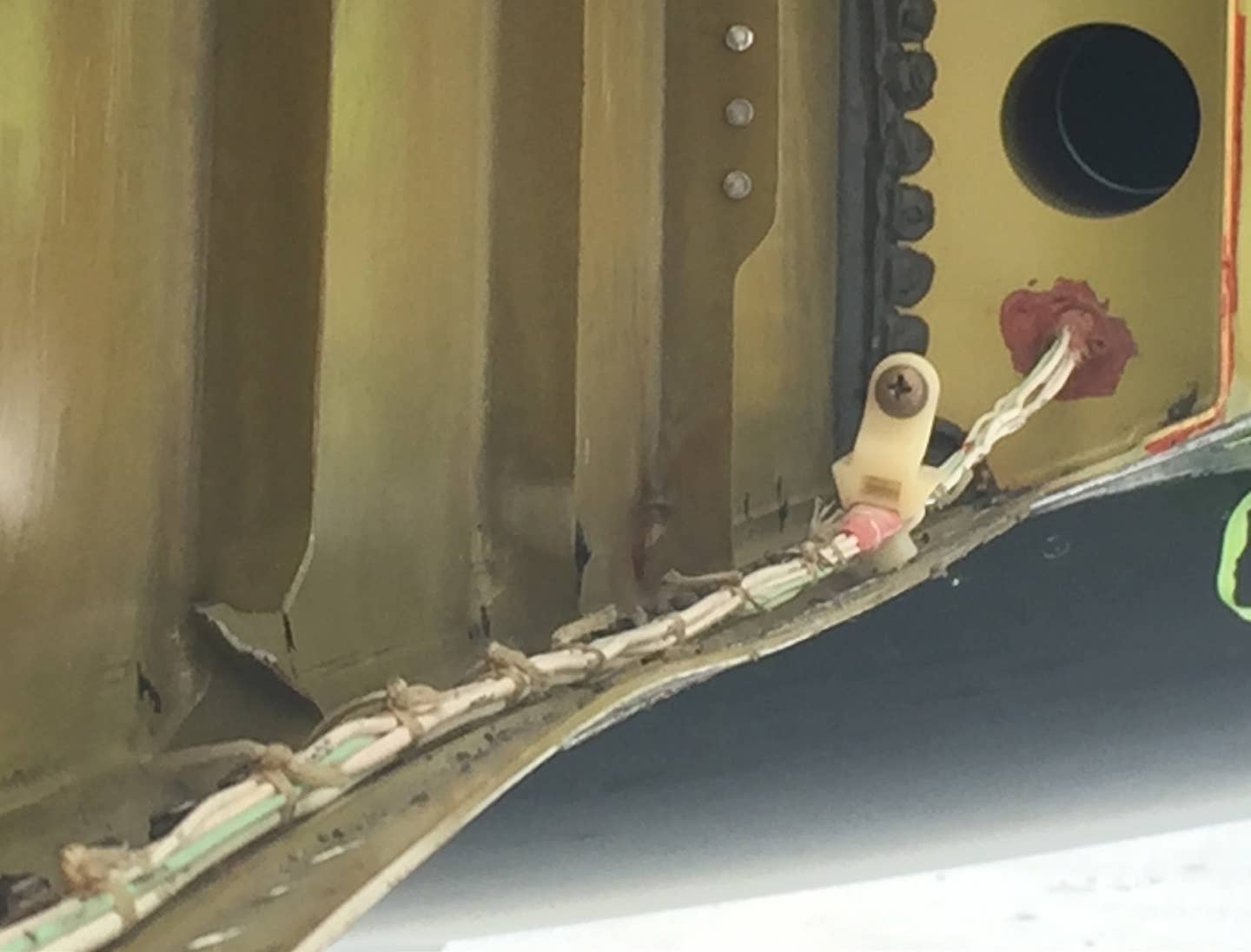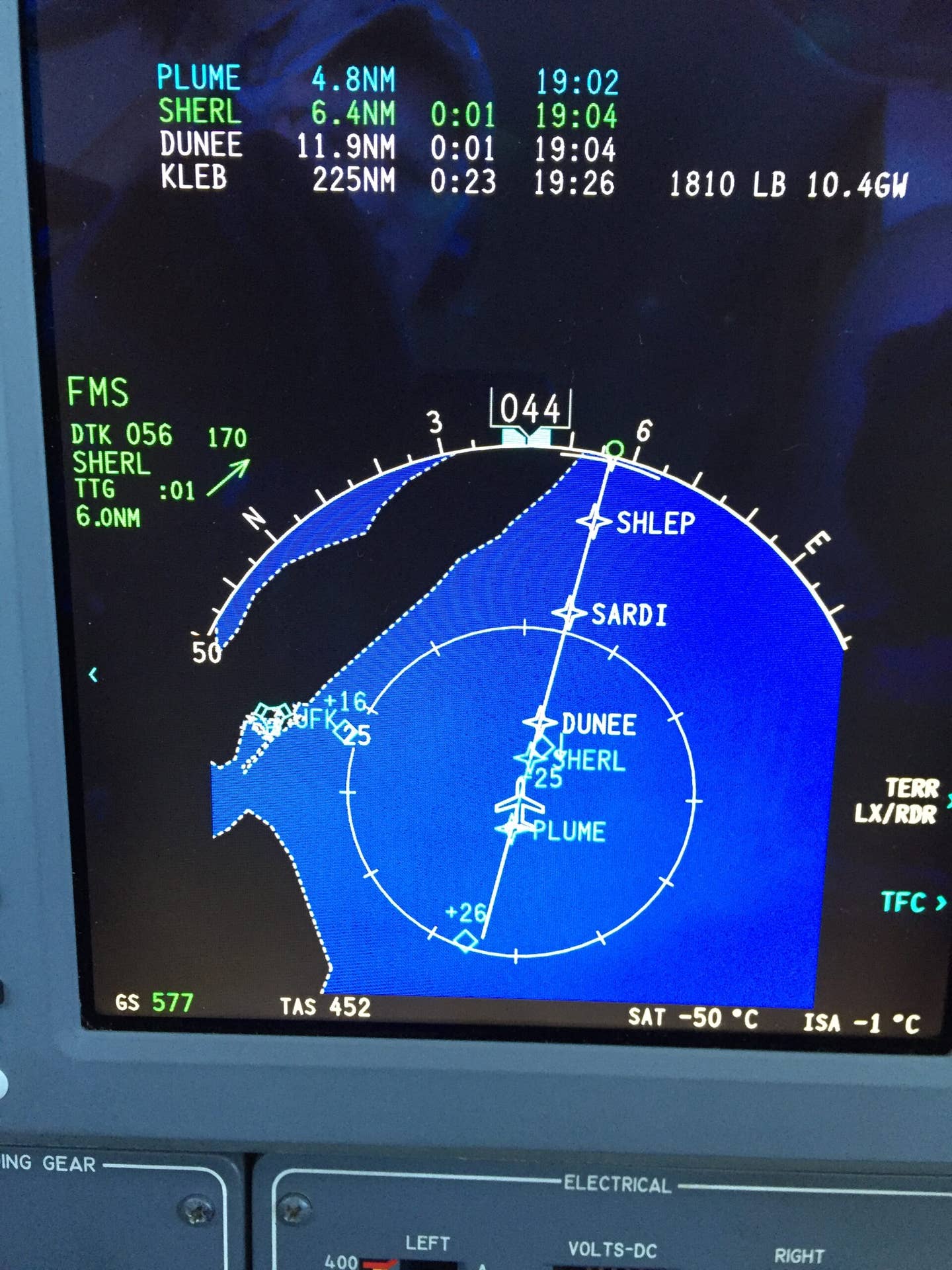That Sound of Music in the Air
Some songs can take you airborne without leaving the ground.

The album that captures the romance of commercial flight was made in the 1950s. Come Fly With Me by
Frank Sinatra featured songs about Chicago, New York, Brazil, and Paris. [Adobe Stock]
Flying and drinking, flying and listening to good music, or thinking of flying and listening to good music are among the aviator’s most enjoyable moments.
“To live is to fly, low and high. So shake the dust off your wings and the sleep out of your eyes,” is a line from the song “To Live Is to Fly,” written by a Texan, the late Townes Van Zandt, and made popular by another Texan, the late Guy Clark.
If you're not already a subscriber, what are you waiting for? Subscribe today to get the issue as soon as it is released in either Print or Digital formats.
Subscribe NowThose songs, along with Jerry Jeff Walker’s “Mr. Bojangles,” have been long-standing hits on my own aviation playlist. I say aviation playlist, though my ability to listen to music while flying has all but disappeared, and that, paradoxically, is a good thing. Back in the old days, when I flew mostly VFR, one could listen to uninterrupted music while flying. Once I got a Cessna P210 and headed for the flight levels, music in the air became much harder to appreciate.
Multiple panel-mounted music systems allowed for ATC communications to interrupt the songs, but that was frustrating. Nothing worse than bellowing along to the Eagles’ “Hotel California” only to be interrupted by a pilot who requires his rerouting to be repeated three times with phonetic spelling. By the time the music comes back on, all you hear is “...but you can never leave.”
I bought the Cessna P210 right about the time Hank Williams Jr. released a song called “High and Pressurized.” In my day job as a cancer surgeon, I played this song in the operating room, the car, and the house. We were going up, up to those flight levels. “It don’t take long to get there, if you’re high and pressurized. It ain’t very far from nowhere, if you’re high and pressurized.” There’s a line about the mile-high club, but that’s for a different day and different magazine.
- READ MORE: Riding in the Back of Some Nice Private Jets
Just as with the P210, I finally twigged to the fact that music in operating rooms inhibited communication. Though there aren’t many thrills that can match performing a complicated cancer operation while listening to some Jimmy Buffett, I gave it up. I am down to listening at home or in the car. This is a real but necessary loss. I had noticed that when we closed a patient’s incision after a big operation, the residents and fellows seemed to work a little faster if Lynyrd Skynyrd’s “Free Bird” was playing.
No doubt I’m dating (aging?) myself with these titles, but the music my kids listen to seems to reflect the times: dirge, lament, and depression. Many surgeons play classical music while operating. That wasn’t for me. I was more into the Eagles than Gustav Mahler. Interestingly, the effect of music on surgical task performance has been studied. A report in the International Journal of Surgery compared multiple studies and concluded that “classic music when played at low to medium volume can improve surgical task performance by increasing accuracy and speed. The distracting effect of music (should be considered) when playing loud or high beat type of music.” OK then.
“Eight Miles High” by the Byrds was thought to be a drug song, but to me it represented a band of young musicians who had discovered the private jet and thrill of rocking westbound at 43,000 feet. Can you imagine such a thrill? Come to think of it, altitude always seems to provide perspective and release from earthly concerns.
Tom Petty and the Heartbreakers, Foo Fighters, and Pink Floyd all recorded songs called “Learning to Fly,” but they aren’t about learning to fly actually. They are metaphors quite easily understood by any pilot. They are about recovery and restoration, victory and perseverance. Isn’t that what learning to fly is really all about?
The album that captures the romance of commercial flight was made in the 1950s. Come Fly With Me by Frank Sinatra featured songs about Chicago, New York, Brazil, and Paris.
The cover showed the jaunty crooner with a come-hither gesture. In the background lurks a Constellation in TWA colors. Given that Connies flew nonstop from San Francisco to Paris in the ’50s, I can’t imagine a more romantic image.
You want lonely? Try “Early Morning Rain” by Gordon Lightfoot. “Big 707 set to go…She’ll be flyin’ o’er my home in about three hours time.” If that doesn’t conjure up a lonely, barely sober dude by the side of the runway, I don’t know what does. You want wistful? In “Leaving on a Jet Plane,” John Denver, contrite but not reformed, sings of separation and regret. He promises a wedding ring, but we’re not convinced.
Whereas songs about commercial travel are redolent of separation, loss, and loneliness, tunes about flying are exuberant and, well, uplifting. It is all about becoming airborne. My flying friends, when queried, came up with some great tunes. The theme from the 1954 movie The High and the Mighty is all strings and whistling—just like that ancient pelican John Wayne whistles about in the cockpit. One suggested “Born to Be Wild” by Steppenwolf. I’m confident you’ve got a few.
Every friend mentioned the song that captures the exuberance and challenge of flight: “Danger Zone” by Kenny Loggins. If you were alive in 1986, had an interest in flying and a pulse, you could not get this melody out of your head. I don’t know how old you were when that movie, Top Gun, came out, but anybody over 8 will remember the ripped bodies, grave bravado, amazing flight scenes, and the iconic line, “I feel the need…the need for speed!”
As the movie opens, we watch fighters launch off a carrier deck, steam curling up, the quick salute, and then the cannon shot. The P210 didn’t fly like that, but it was close enough for me. I felt exhilarated as if I were Pete Mitchell, Tom Cruise’s character.
A need for speed indeed.
This column first appeared in the May 2024/Issue 948 of FLYING’s print edition.

Sign-up for newsletters & special offers!
Get the latest FLYING stories & special offers delivered directly to your inbox

